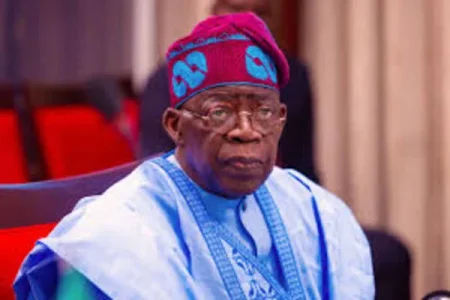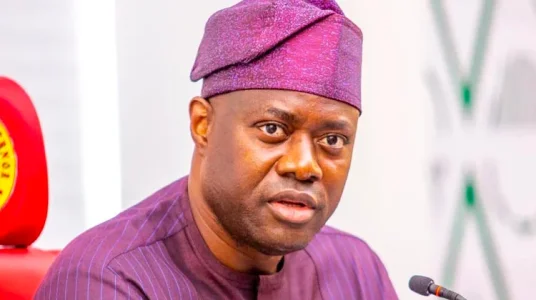
President Tinubu cites the student loan scheme, new N70,000 minimum wage, and consumer credit initiative as key achievements to dissuade Nigerians from the planned August protests, assuring efforts to improve social welfare and financial support at the grassroots level.
To dissuade Nigerians from participating in the planned August 1-10, 2024, hardship protests, President Bola Ahmed Tinubu has spotlighted three major accomplishments of his administration. Speaking at the State House on Thursday during a meeting with a delegation of Islamic leaders led by Sheikh Bala Lau, Tinubu emphasized the commencement of the student loan scheme, the implementation of a new N70,000 minimum wage, and the establishment of a consumer credit initiative.
Tinubu appealed to the protest planners to reconsider their actions, warning against turning Nigeria into another Sudan. He reassured the public that his government is actively reworking its social welfare schemes to reach every vulnerable Nigerian at the grassroots level.
“We are reworking the social welfare scheme to reach the ward level, which is the closest to our people. We are going to ensure that we re-establish connection with the wards, again, so that we can give allowances to the poor and the vulnerable,” Tinubu stated.
He highlighted that the student loans will cover school fees, providing monetary support for education, while the consumer credit initiative will help citizens purchase cars and houses with gradual repayment plans. Tinubu also noted that the new minimum wage represents a significant increase of over 100 percent.
This announcement follows the Nigerian National Assembly’s passage of the new Minimum Wage Act on Wednesday, confirming the N70,000 minimum wage agreement between Tinubu’s administration and Nigerian workers. Additionally, last week saw the commencement of the federal government’s disbursement of funds to 110,000 beneficiaries of its N35 billion funded student loan scheme, a crucial part of Tinubu’s efforts to support education.
These developments come months after the administration approved the take-off of a N100 billion consumer credit initiative aimed at easing the financial burdens on Nigerians.




